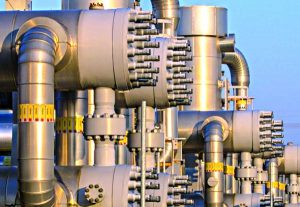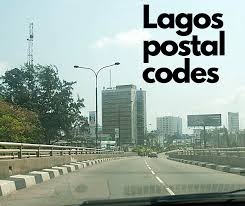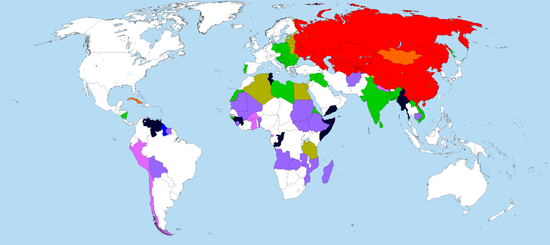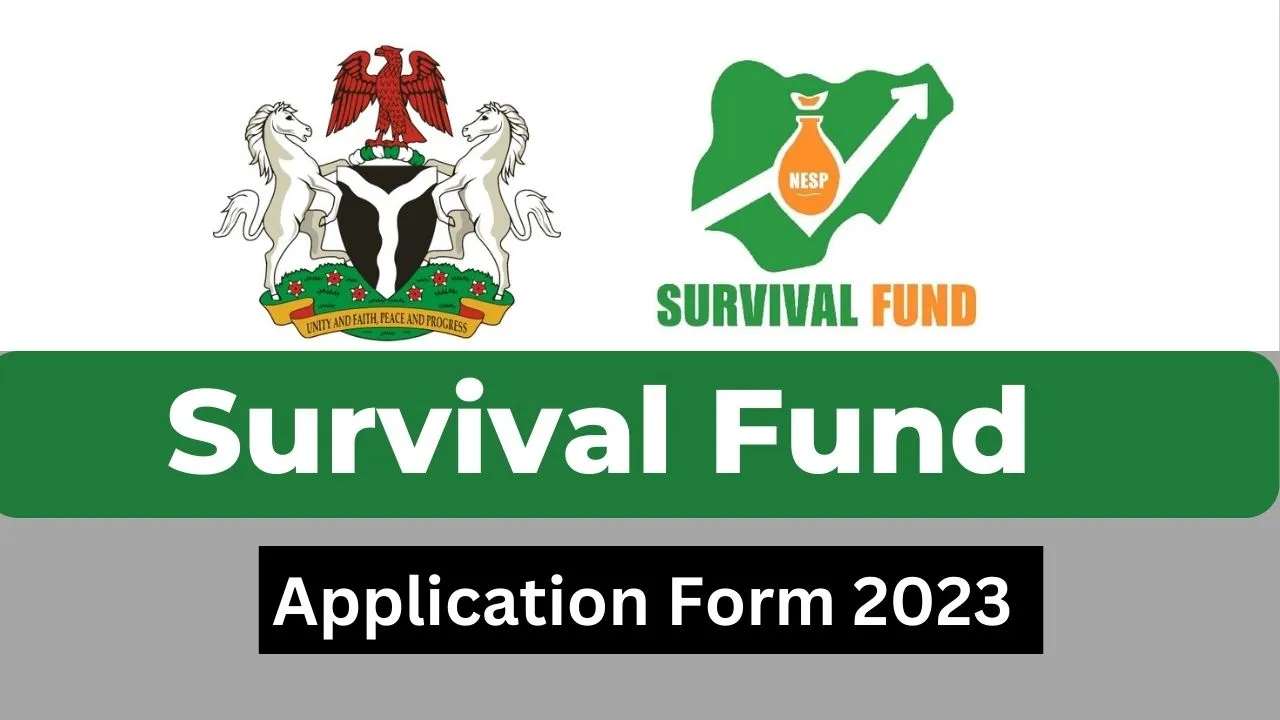Functions Of Department Of Petroleum Resources
Functions Of Department Of Petroleum Resources. The DPR consists of both the Upstream and the Downstream sectors. The DPR is saddled with several roles. This post shall state their functions and other related issues.

Department Of Petroleum Resources (DPR)
DPR is mandated by legislation to ensure that rules, regulations, and standards governing the oil and gas industry are being followed. Tracking operational processes at oilfields, pumping stations, processing plants and flow stations, oil and gas exports terminals, petrochemical plants, collection storage facilities, pump stations and retail outlets are all part of the job, as are all pipelines carrying crude oil, natural gas and petroleum products. These obligations also include monitoring operational processes at refineries.
The Department of Petroleum Resources is often referred to as the DPR or the petroleum police. For issues including petroleum exploration and imports, this department reports to Nigeria’s Federal Ministry of Petroleum Resources (FMPR). Nigeria’s petroleum products trade is regulated by the ministry of health, safety, and environment. The Department of Petroleum Resources was created primarily for the aim of exploring and importing petroleum products from Nigeria.
Refineries also monitor storage depots, pump stations, and retail outlets. Retail outlets, as well as any other location where petroleum is stored or sold.
Read also: 10 Functions of Social Welfare in Nigeria
History of DPR
The hydrocarbon Section of Lagos Affairs, which directly reported to the Governor-General, was initially in charge of Petroleum issues. The Unit maintained data on exploration and petroleum product imports. Importation and distribution of goods were the primary concerns, although safety standards were also enforced. The Petroleum Division of the Ministry of Mines and Power was created as the petroleum industry’s operations increased.
It was only in 1971 that a new organization was established to oversee commercial and operational oil sector operations that were placed under federal authority. It was still up to the Department of Petroleum Resources to keep an eye on the sector. By ordering from Decree 33 of 1977, the Nigerian National Oil Corporation (NNOC) amalgamated with the Ministry of Petroleum Resources to create the Nigerian National Petroleum Corporation (NNPC) (NNPC).
This was done to deal with the issue of labour scarcity in the oil sector at the time of this action. By the same order, the petroleum sector became a component of NNPC. It was also assigned to the NNPC to regulate this sector of the economy. The Nigerian National Petroleum Corporation retained control of the petroleum inspector general when the Ministry of Petroleum Resources was re-established in 1985.
The operation lasted till the NNPC was restructured in March 1988. As a result, the Petroleum Inspectorate left Nigerian National Petroleum Corporation for the Ministry of Petroleum Resources. The DPR intended to be the organization’s technological arm (Department of Petroleum Resources).
Sectors of the DPR
1. Upstream Sector
The roles of the Upstream sector include:
- Ensure that oil and gas operations are properly regulated.
- Nigeria’s Hydrocarbon Resources Must Be Preserved.
- Boost government participation in oil and gas operations
- Ensure that HSE standards are being adhered to
- Care for the National Data Store and its administration (NDR)
- Oversee the management of oil and gas lands and concessions.
- Ensure that policies on upstream oil and gas are implemented by the government.
Read also: Top 10 functions of Nigerian Stock Exchange Market
2. Downstream Sector
The roles of the Downstream sector include:
- To provide permits for refineries, petrochemical plants, fertilizer production facilities, jetties and depots as well as for the mixing and selling of lubricants.
- Ensure that crude, condensate, and NGL export vessels are nominated as quickly as possible.
- Upstream Oil and Gas Infrastructure Integrity: Make sure everything is in order
- Ensure the accuracy of measurements at all times while custody is being transferred.
- Permit and clear petroleum products for import
- Issuance of crude oil and petroleum product export licenses
- Check the quality of imported petroleum products to make sure they satisfy the requirements.
- Ensure that policies on upstream oil and gas are implemented by the government.
Functions of DPR
- Keeping an eye on all activities related to the oil and gas industry that is being carried out in the nation under the authority of permits and licenses.
- By keeping a close eye on the activities of the oil and gas industry, it may help to ensure that they are in accordance with national priorities, including efforts to reduce pollution and meet domestic energy needs.
- The third step is to ensure that the Health, Safety and Environmental (HSE) laws follow the best oil field practice standards both nationally and internationally.
- Keeping track of petroleum reserves, production and export, licenses and leases is an important component of the petroleum industry’s record-keeping.
- Advising on technical issues, as well as public policies, that may have an effect on administration and petroleum operations.
- The processing of lease, license, and permit applications from the industry.
- Rent, royalties, and other government income must be paid on time and accurately, according to the law.
Read also: Top 20 functions of Central Bank of Nigeria
Conclusion
Hence, the petroleum business is a lucrative business that demands a lot of capital and investment. It is however important that you understand how the system works before you venture into it. If you do not have enough capital to run the business, we strongly advise that you look for another business opportunity. “A word is enough for the wise”
We Believe This Article Was Helpful, Don’t Hesitate To Share This Information With Your Friends On Facebook, Twitter, Whatsapp and Google plus.
Copyright Warning: Contents on this website may not be republished, reproduced, redistributed either in whole or in part without due permission or acknowledgement. All contents are protected by DMCA.
The content on this site is posted with good intentions. If you own this content & believe your copyright was violated or infringed, make sure you contact us via This Means to file a complaint & actions will be taken immediately.



